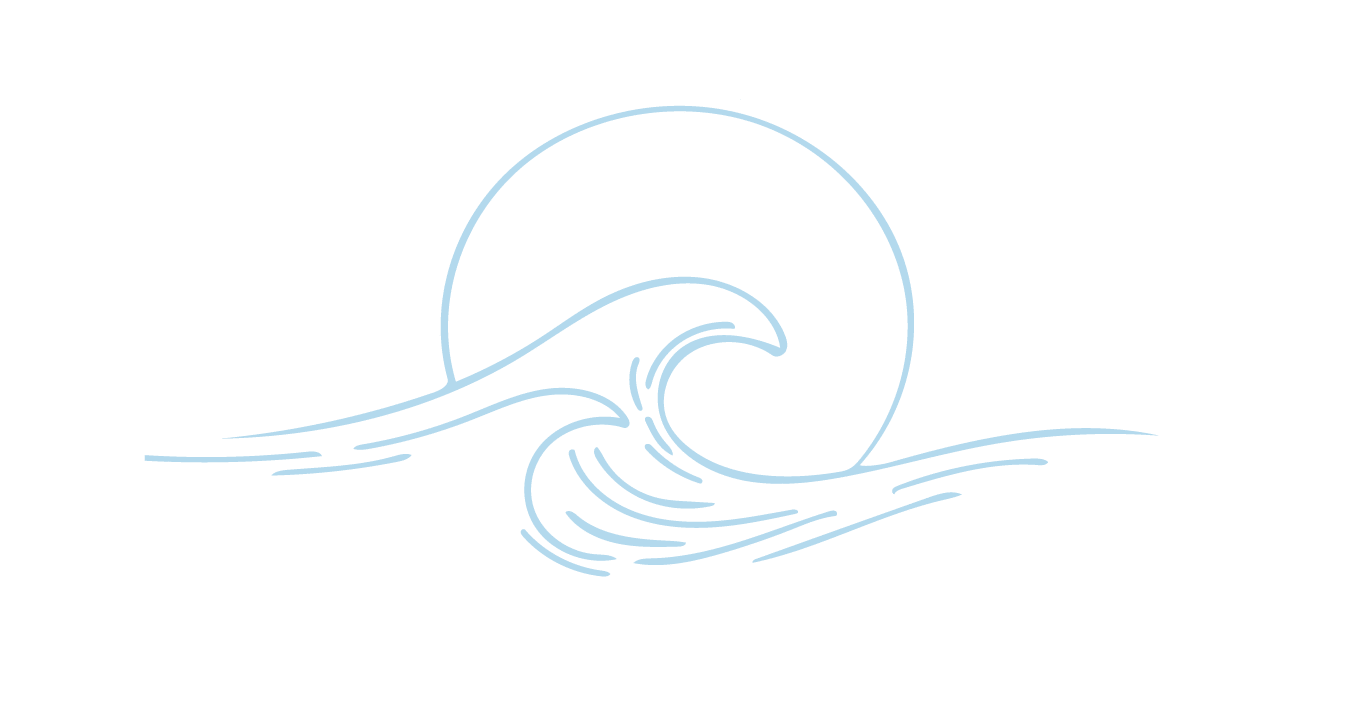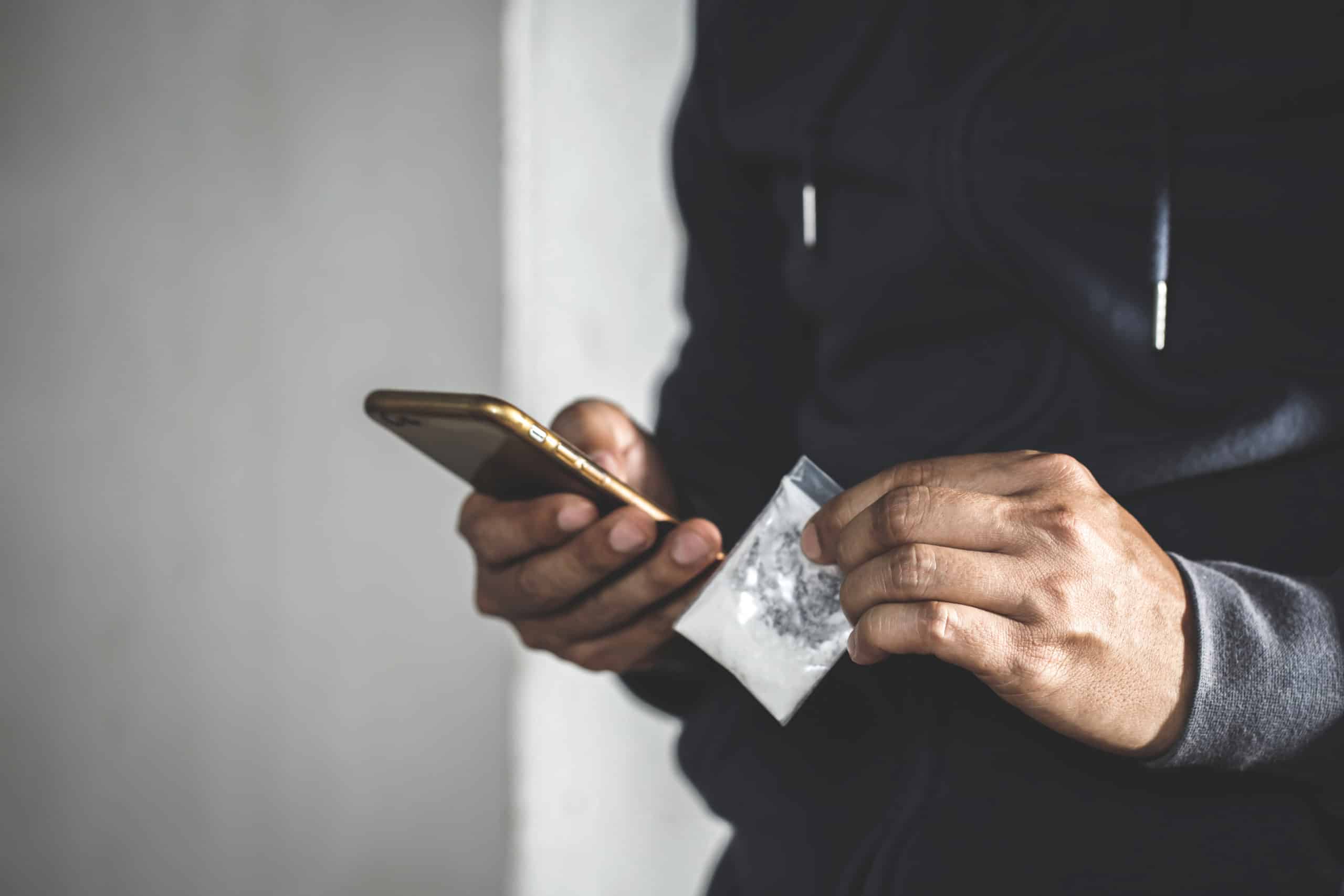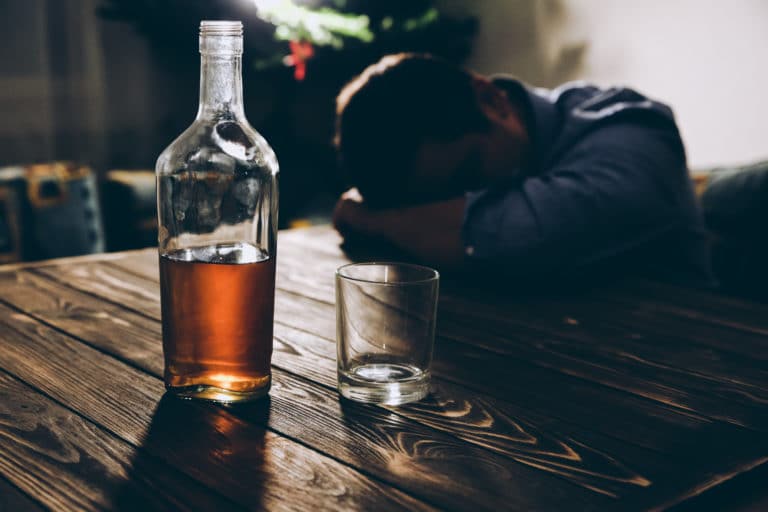Whether or not you have ever used drugs, you might still wonder: what is the most addictive drug? People who have tried drugs, whose family members or friends struggle with addiction, and just curious minds have wondered which drug is most addictive. The answer is complicated because there are many highly addictive drug groups, but those that have a neurological impact on how the brain functions are arguably some of the most addictive.
What Causes Addiction?
Addiction is a chronic disease that changes the way the brain works. Scientifically, there are many factors like genetics and environment that can contribute to an addiction. However, addiction is a relapsing disease where an individual uses drugs or alcohol and is unable to stop despite knowing the negative consequences.
Addiction is caused by many things but primarily changes to the way the body and the brain work. When someone uses a substance, even something as simple as a prescription medication or an over-the-counter cough syrup, it has an impact on the way the body works.
Some drugs produce a burst of chemicals from the brain, more than is typically achieved, and this euphoria causes a “high” that people strive to replicate because it helps them feel good.
So, what is the most addictive drug?
What is the Most Addictive Drug?
But which drug is most addictive? The two most addictive drugs are often considered to be cocaine and heroin.
Cocaine
Cocaine is a stimulant, and it creates an intense high by flooding the brain with happy chemicals like dopamine. The effects happen almost immediately, but they wear off within 30 minutes. Because people get to feel good instantly, they want to feel good more and more often. But the effects are so short-lived that people end up taking more and more drugs to achieve the same effect, eventually resulting in an addiction.
Heroin
Heroin blocks pain receptors and increases relaxation. Somewhat the opposite of cocaine, it helps people not to feel especially negative things and painful emotions. By changing the way the brain communicates with other parts of the body and creating a backlog of dopamine, people become addicted very quickly; craving more heroin to block the pain and get the same feeling of happiness again. Unlike cocaine, heroin users feel even worse when they come down from their drugs, so they have to use more frequently to bring themselves back up to what some would argue is a neutral position, let alone to get the same euphoria as before.
What Treatment Is Best for Severe Addiction Disorders
Many a drug is considered a highly addictive drug, and for any highly addictive drug, it is essential to seek professional treatment. Knowing the most addictive drug is not nearly as important as knowing the best drug treatment. The best treatment incorporates three categories:
Detox
For many significantly addictive drugs like heroin and cocaine, the first step in treatment is medically supervised detox. Detoxification rids the body of any residual compounds left behind by drug abuse. People who have abused drugs for a long amount of time, and have used a lot of it have more compounds built up in their system that have to be alleviated.
Medically supervised detox provides alternative medications to help mitigate the symptoms and ease the discomfort associated with the initial withdrawal.
Evidence-Based Therapy
After that, evidence-based practices like one-on-one counseling, group therapy, or cognitive behavioral therapy are all designed in a customized and personalized fashion to give treatment necessary for each individual. One person might need family therapy to address underline communication issues and environmental factors that have contributed to their addiction, while someone else might need group therapy to learn that they are not suffering alone.
Holistic Treatment
Finally, there is holistic treatment, things like meditation, yoga, nutrition and exercise classes, massages, and much more. Holistic treatment is still, in many cases, backed by science and used to provide life skills and social skills that an individual can take with them long after they complete their initial detox and treatment plan. These skills help individuals manage stress, environmental triggers, or temptation to relapse when they go back into the world.
If you are ready to get help, Ocean Coast is here. Reach out to us today for help with your addiction.





